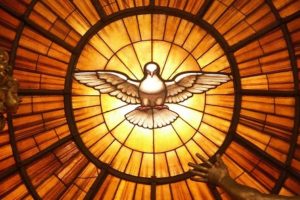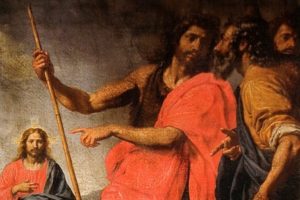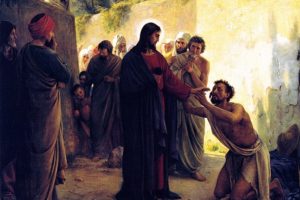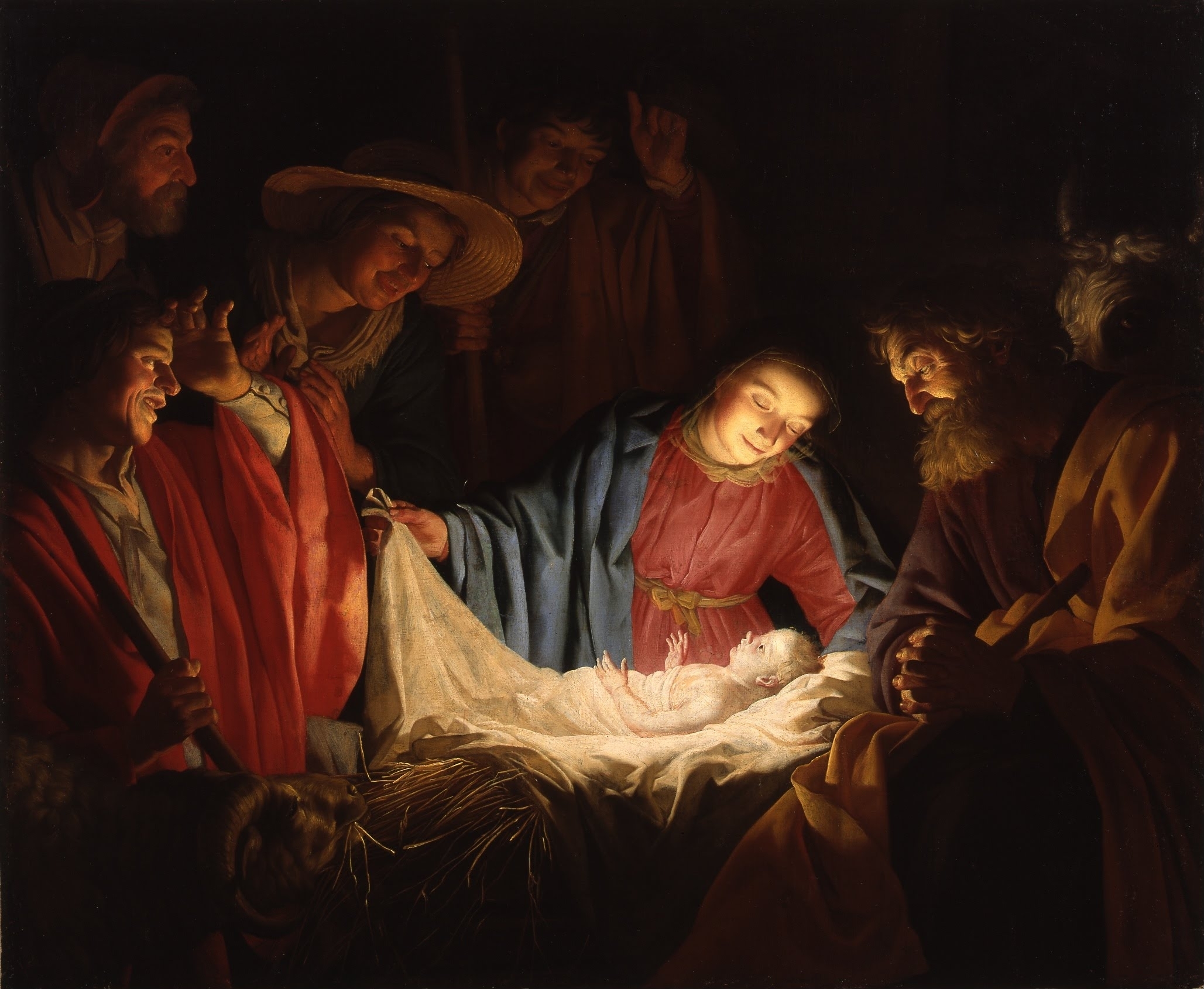Last edited on 25/Jan/2021
Christian Answer
Introduction
Christmas is the day of the year when Christians celebrate the birth of Jesus Christ. It is recognised as a public holiday in most countries of the world, and is usually celebrated on 25 December, the date that Roman Catholics and Protestants use, but in other countries, such as Russia and Ukraine, it is celebrated on 7 January, because the Eastern Orthodox Church uses the Julian calendar instead of the Gregorian calendar. It is the time when God the Father sent his only divine Son, Jesus Christ, into the world, born of the virgin Mary, to be our Saviour, by dying for our sins on the cross.
It is so significant for Christians because Jesus is the greatest blessing this world has ever received, and the impact he made by his life, death, and resurrection, still lasts to this day. The impact he made is that humankind can be reconciled to God, despite our sins separating us from him, and this can only be done through faith in Jesus.
Two Angels Meet Mary And Joseph
The birth narratives of Jesus can be found at the beginning of the Gospels of Matthew and Luke. It began when the archangel Gabriel visited Mary, telling her that she has “found favour with God” (Luke 1:30), and that she will bear “the Son of the Most High”, who will reign over the house of Jacob for eternity (Luke 1:32–33). After questioning the angel how this would happen, since she is a virgin, he answered that she will conceive Jesus by the power of the Holy Spirit, and that for this reason he will be holy: the Son of God (Luke 1:34–35).
After Joseph, who was legally pledged to be married to Mary, found out she was pregnant, he sought to divorce her quietly so that she wouldn’t be put to public shame (Matthew 1:18–19), however an angel appeared to him, telling him that her child “is from the Holy Spirit” and that “She will bear a son, and you shall call his name Jesus, for he will save his people from their sins” (Matthew 1:20–21).
Jesus Christ Is Born In Bethlehem
Mary then stayed with her cousin Elizabeth for three months (Luke 1:39, 56). After returning home, she and Joseph went to the city of David, called Bethlehem, to be registered by the Roman government, by the decree of Caesar Augustus (Luke 2:1–5). It was there that the child Jesus was born:
And while they were there, the time came for her to give birth. 7 And she gave birth to her firstborn son and wrapped him in swaddling cloths and laid him in a manger, because there was no place for them in the inn. (Luke 2:6–7)
Shepherds Visit Jesus
At night there were shepherds nearby keeping watch over their flock, and then an angel of the Lord appeared to them, bringing “good news of great joy” for “all the people” (Luke 2:8–10). The angel said to them that “a Saviour” was born that day, “who is Christ the Lord”, and told them the sign given to recognise him (Luke 2:11–12). Then many angels appeared, praising God, and the shepherds went and found Mary, Joseph, and Jesus in the manger, and told them about the angel’s message (Luke 2:13–17).
Jesus’ Circumcision and Presentation in the Temple
Eight days later Jesus was circumcised and given his name (Luke 2:21). Then “they brought him to Jerusalem to present him to the Lord”, and Mary had to complete her purification according to the Law of Moses (Leviticus 12:1–8) by offering a sacrifice of “a pair of turtle-doves, or two young pigeons” (Luke 2:22–24). This meant that they were a poor family, because two turtle-doves or pigeons were bought by families who could not afford a lamb (Leviticus 12:8).
Simeon and Anna Bless Jesus
While the baby Jesus and his parents were in the temple, a righteous and devout man called Simeon, filled with the Holy Spirit, was told by God that he would see “the Lord’s Christ” before he died. He then took Jesus in his arms and blessed him and Mary (Luke 2:25–34). Then an old prophetess called Anna, who was a widow and devout worshipper of God in the temple, saw Jesus, gave thanks to God and spoke of him (Luke 2:36–38).
Wise Men Visit Jesus
After the family returned to Jerusalem, wise men from the east, who saw Christ’s star, came to Jerusalem to inquire where Jesus was born to worship him (Matthew 2:2). When King Herod heard this, he was troubled, because he felt that his authority was being threatened. Then Herod summoned the wise men, sent them to Bethlehem and told them to give him word of where Jesus is, so that he could also worship him. But really he wanted to kill him (Matthew 2:8). The wise men followed the star they saw before, and it led them to the place where Jesus was. When they met him, they worshipped him and gave him gifts of gold, frankincense and myrrh (Matthew 2:11), but they did not return to Herod, because they were warned in a dream not to (Matthew 2:12).
When they saw the star, they rejoiced exceedingly with great joy. 11 And going into the house they saw the child with Mary his mother, and they fell down and worshipped him. Then, opening their treasures, they offered him gifts, gold and frankincense and myrrh. (Matthew 2:10–11)
Jesus and His Family Escape to Egypt and Herod kills the Children
Joseph was also warned by an angel of the Lord in a dream about Herod, and was told to escape to Egypt, until told he could leave (Matthew 2:13). When Herod realised he had been tricked by the wise men, he ordered that all the male children who were aged two or under be put to death, based on when the wise men told him they saw the star (Matthew 2:7, 16). The family stayed in Egypt until Herod died (Matthew 2:14).
The Family Returns to Nazareth
After his death, an angel of the Lord appeared to Joseph in another dream, telling him that it was safe to return to Israel. But Joseph was afraid to go to Judea, because Achelaus, Herod’s son, took over his throne, and after being warned in another dream, the family “withdrew to the district of Galilee” (Matthew 2:22–23; Luke 2:39–40). This was where Jesus was raised.
And when they had performed everything according to the Law of the Lord, they returned into Galilee, to their own town of Nazareth. 40 And the child grew and became strong, filled with wisdom. And the favour of God was upon him. (Luke 2:39–40)
Conclusion
Although Jesus is the divine Son of God (Mark 14:61–62), he did not come to Earth with royalty, glory, power or riches, as would indeed be fitting and expected. Instead he came in the most humble way possible.
God in flesh went from being the Ruler dwelling in unapproachable light, to being the Servant King who would one day wash his disciples’ feet. Rather than having a crown of gold placed on the King of king’s head, a crown of thorns was placed there instead. The True Light who enlightens everyone was in the world, and although the world was made through him, it did not know him, and his own people did not receive him.
The Sinless One who baptises with fire and the Holy Spirit was himself baptised with water to identify with those whom he came to save. The Pre-existent Creator went from residing in the highest of the cosmos and heavenly realms to being born of an earthly mother in a manger, a trough for animals to eat from.
Have this mind among yourselves, which is yours in Christ Jesus, 6 who, though he was in the form of God, did not count equality with God a thing to be grasped, 7 but made himself nothing, taking the form of a servant, being born in the likeness of men. 8 And being found in human form, he humbled himself by becoming obedient to the point of death, even death on a cross. (Philippians 2:5–8)
Christmas marks the day when Jesus Christ, who is God in flesh (John 1:1, 14; John 20:28–29; Colossians 1:15–20; Hebrews 1:3, 8), humbled himself beyond the standard any human would, so that you may have the chance to have your sins forgiven, and to be made right with God, if you believe in him. Jesus is alive today, and continues to offer you the free gift of eternal life that is received by faith alone in him alone, because of his death on the cross and resurrection (John 3:16–17; Romans 6:23; Romans 10:9–10; Galatians 3:10–14).
Christmas is a reminder for Christians and the world of how far God is willing to go to bring us salvation; how instead of calling out to us from far away to avoid being in the presence of sinful people, he came right down in our midst and became one of us, to deliver us directly the message and gift of salvation (Hebrews 2:17–18).







